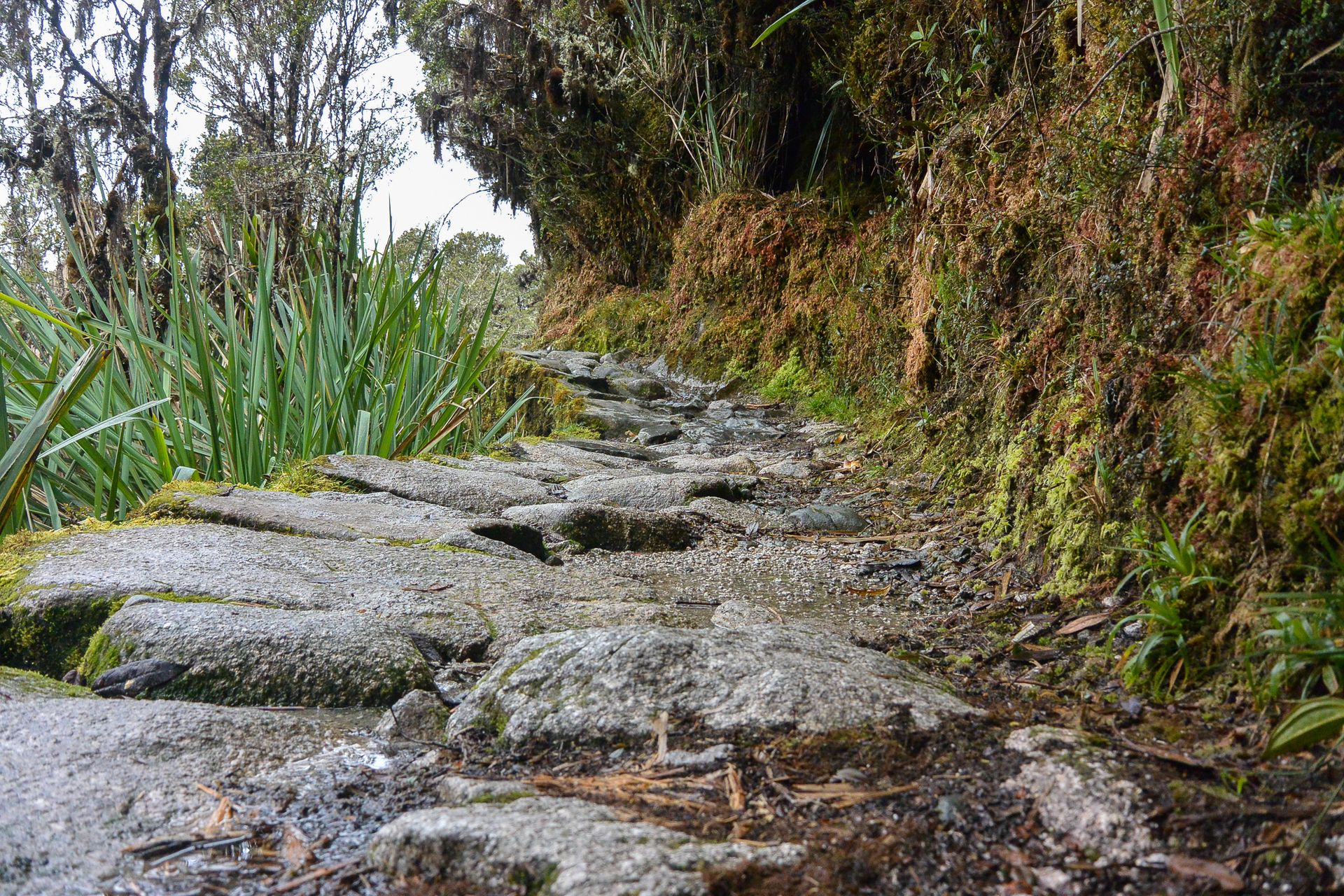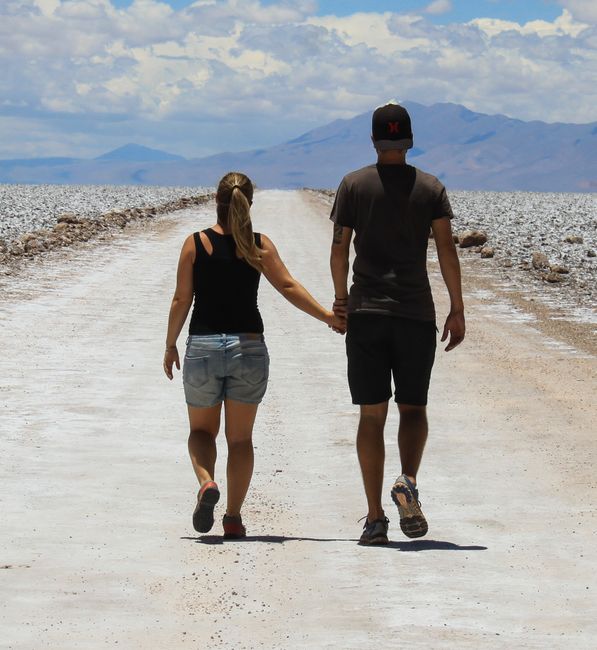Farewell at Lake Titicaca
ޝާއިޢުކޮށްފައިވެއެވެ: 13.03.2019
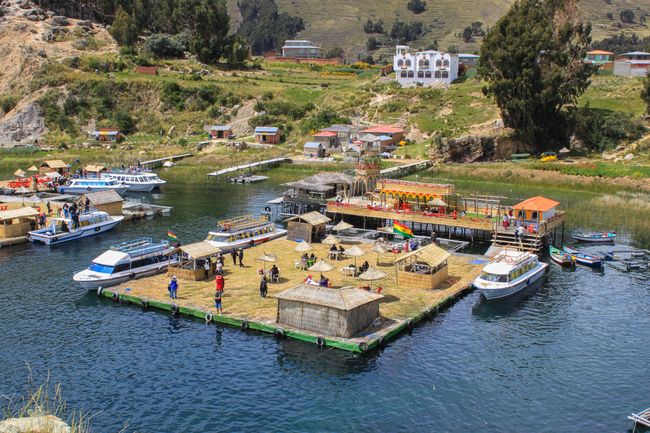
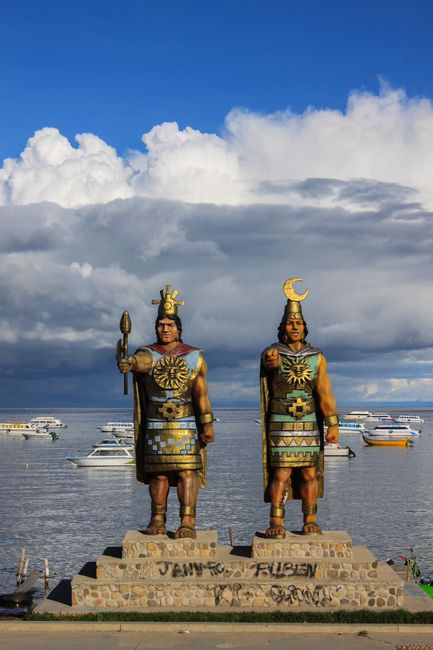
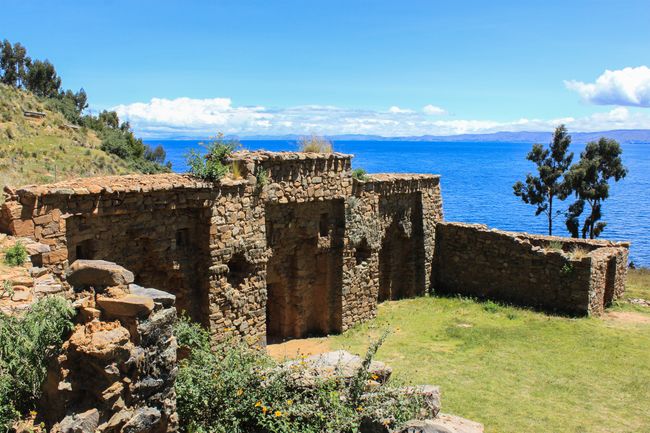
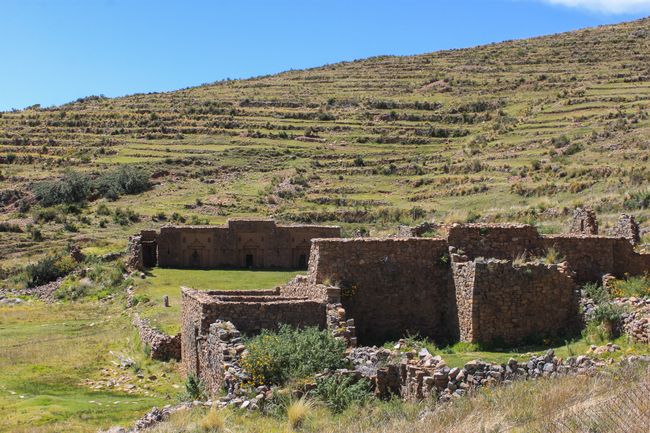
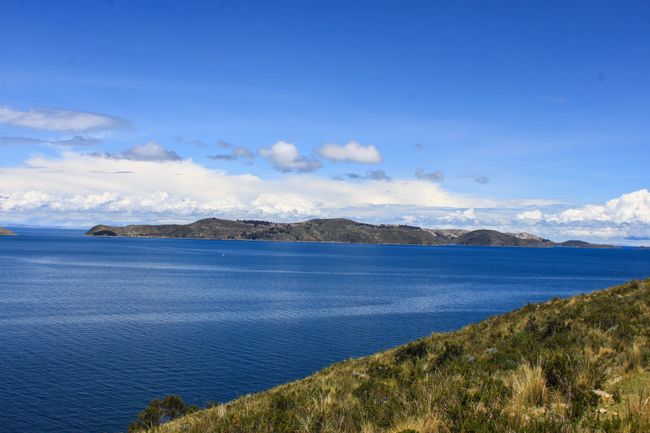
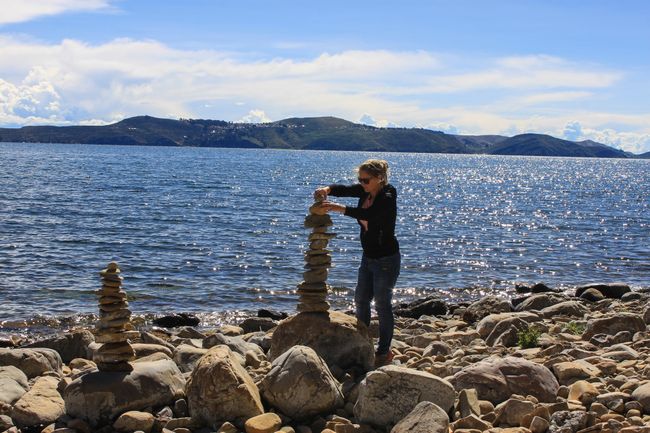
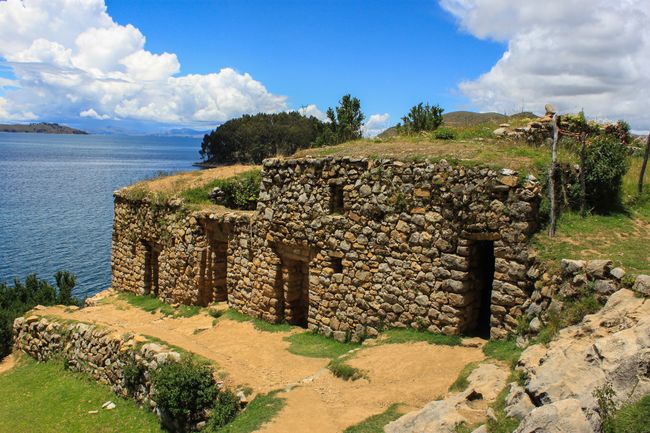
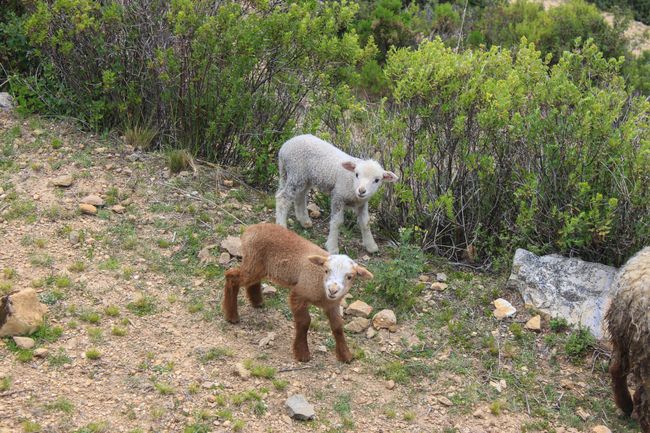
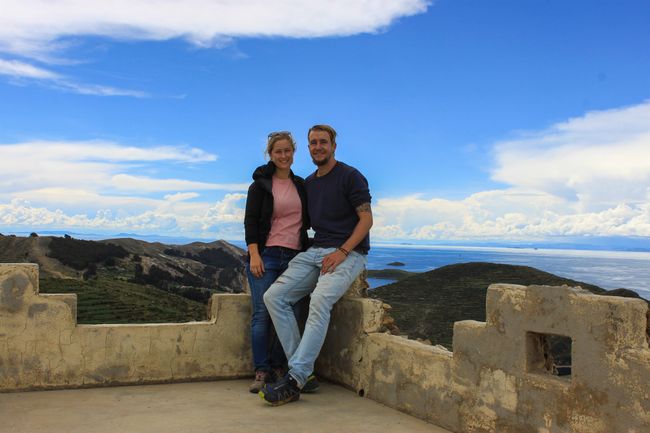
ނިއުސްލެޓަރ އަށް ސަބްސްކްރައިބް ކޮށްލައްވާ
Our last stop in Bolivia was at Lake Titicaca. First, we spent two nights in the somewhat touristy port city of Copacabana. We met acquaintances, watched the sunset from Cerro Calvario, and enjoyed the mostly sunny weather. We took a short trip to the Islas Flotantes on the first afternoon, but to be honest, it wasn't worth it.
On the highest navigable lake in the world, which, despite its altitude of 3,800 meters, feels like a real sea due to its size, there are several islands. We visited two of them.
Isla de la Luna
There is not much going on on the smaller of the well-known islands - and that's exactly what we were looking for. There are 27 families living on the island, which means 70 inhabitants. You can visit the temple of the virgins from the Inca era and take a walk around the island. There are two hostels to choose from for an overnight stay, and we ended up at one with a very funny family. We spent the cool evening playing Yahtzee and after a delicious trout dinner, we went to bed. The island only has solar power for electricity, mainly for the lights in the room - otherwise, there is no electricity here.
Isla del Sol
More people live on the larger island and there are more options for tourists. You notice that directly on arrival - including the negative sides of it. If you take a photo of a cute little sheep, you will be asked to pay for it relatively directly. But this island is also very beautiful, it offers some ruins from the Inca era and after a short ascent (if you take the right path), a great viewpoint where you have an excellent panoramic view. We spend the second night here before taking the boat back to Copacabana.
Bolivia was awesome, diverse, breathtaking, cold and hot, loud and quiet, but above all, very diverse and underestimated. We traveled through this amazing country for over five weeks and still haven't seen everything. Nevertheless, we are moving on - to Peru.
ނިއުސްލެޓަރ އަށް ސަބްސްކްރައިބް ކޮށްލައްވާ
ޖަވާބު
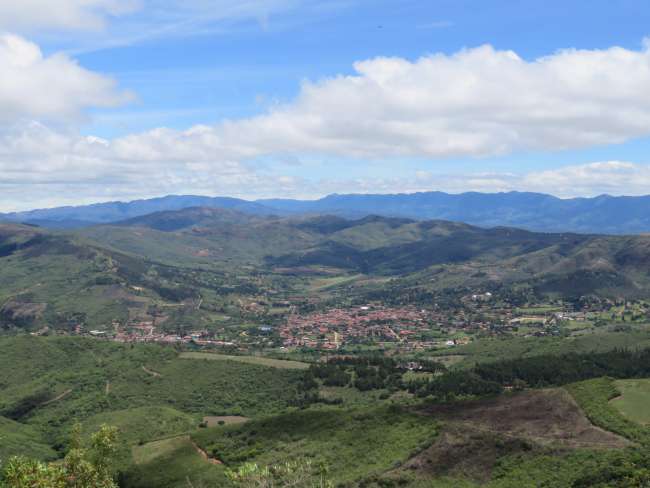
ދަތުރު ރިޕޯޓްތައް ބޮލީވިއާ އެވެ
